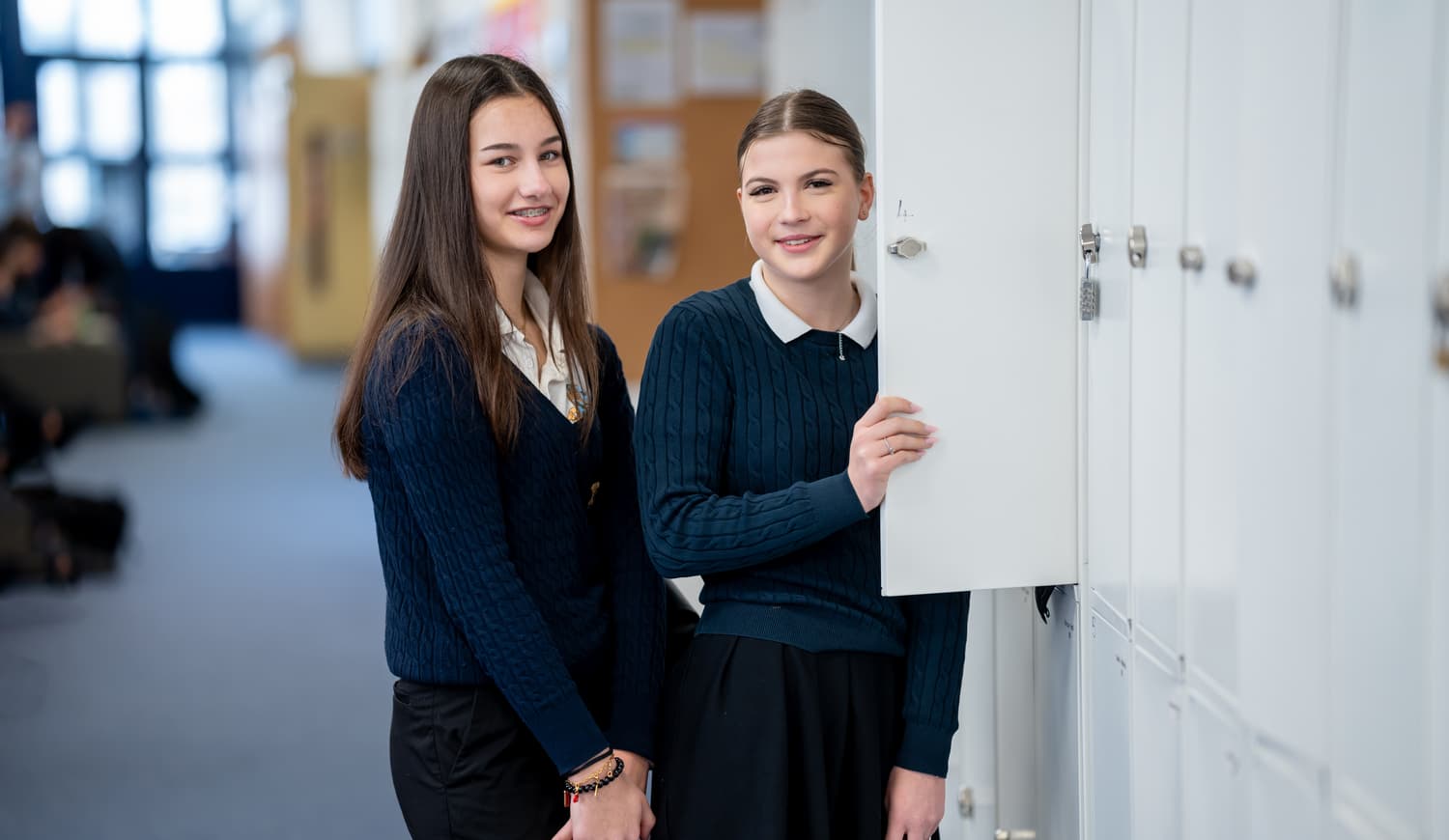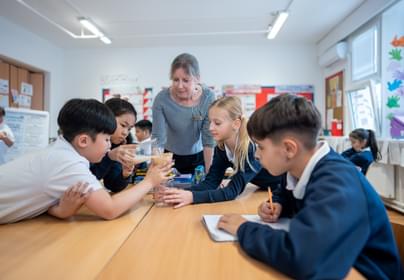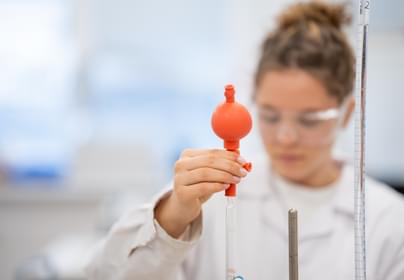Our Secondary curriculum is a broad, balanced and academically rigorous learning programme that culminates in external IGCSE and A Level examinations, providing students with highly respected and internationally recognised qualifications
It is based on the English National Curriculum and enhanced to meet the international needs of our students, with a wide range of subjects taught by specialist teachers, each selected for their experience and excellence.
As part of the Orbital Education group, we have the added advantage of being part of a wider global educational family of schools with links to our sister schools around the world, giving our students the unique opportunity to learn, think and act globally.
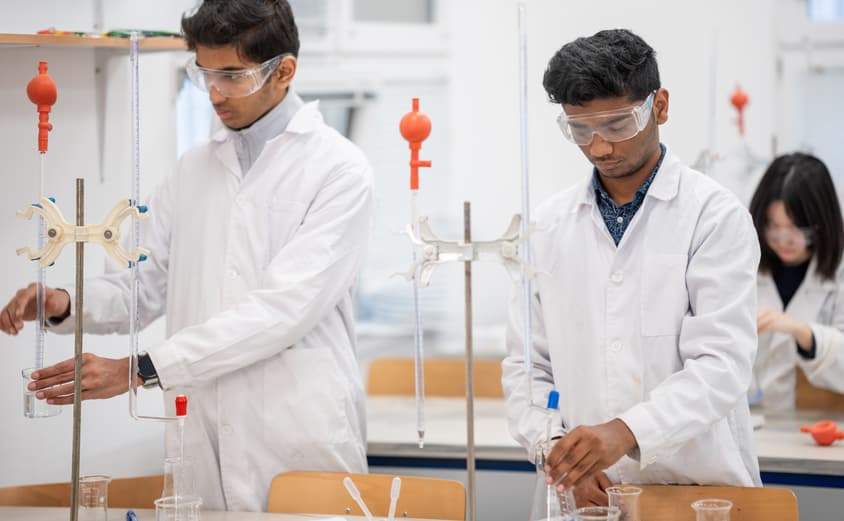
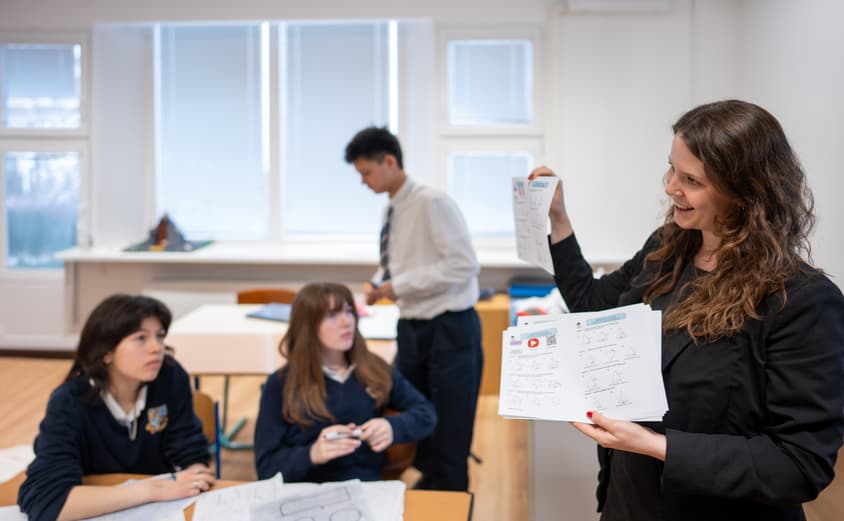
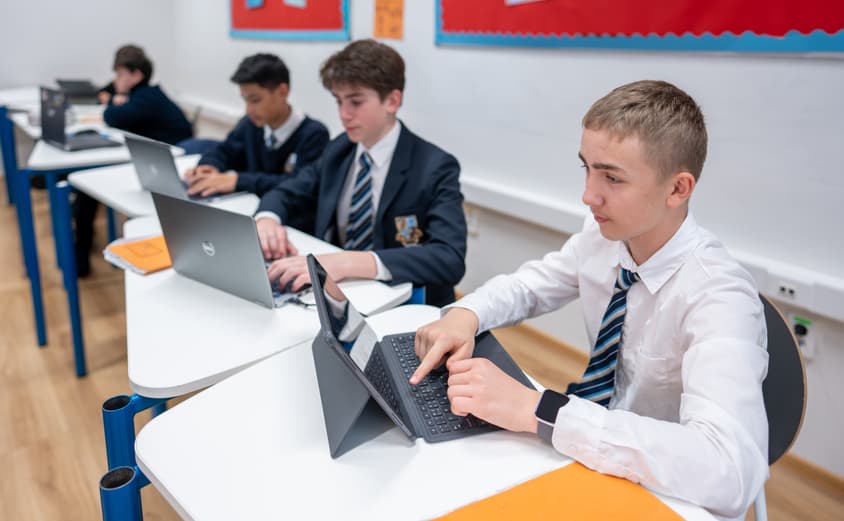
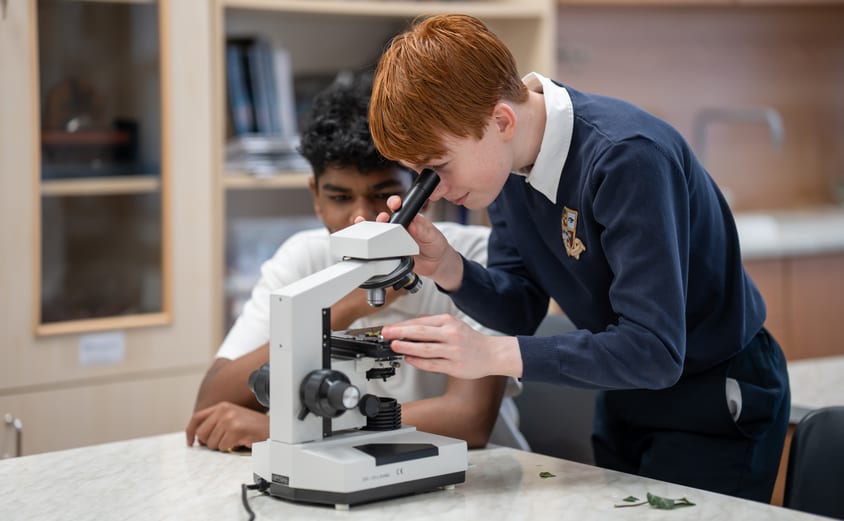

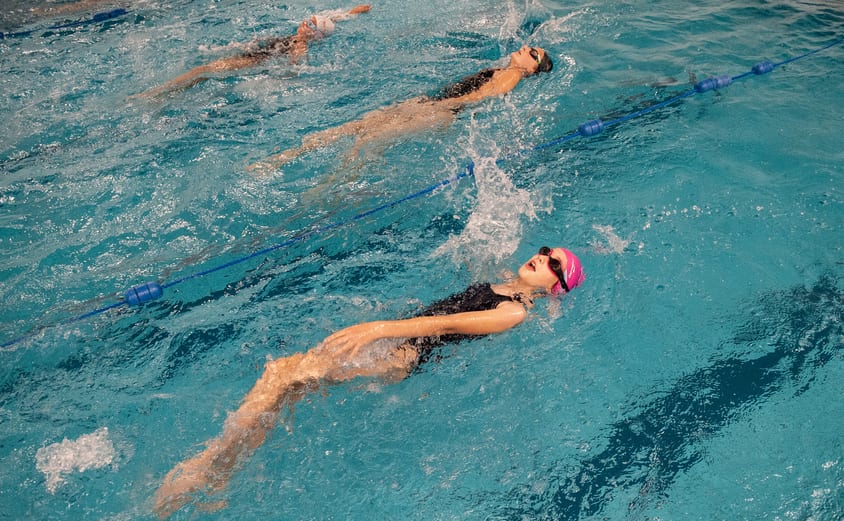

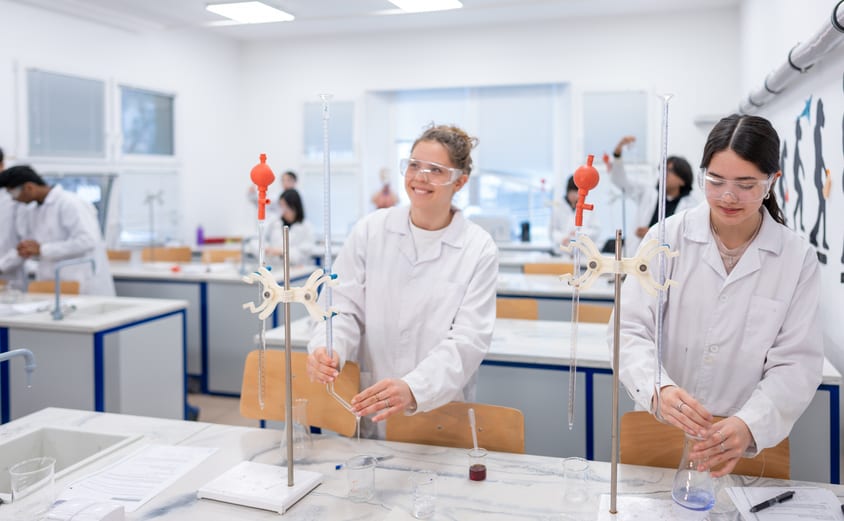

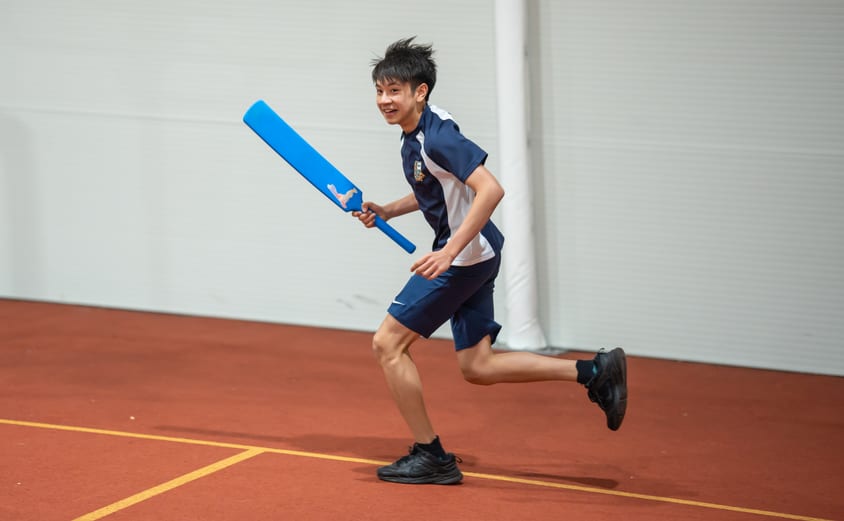

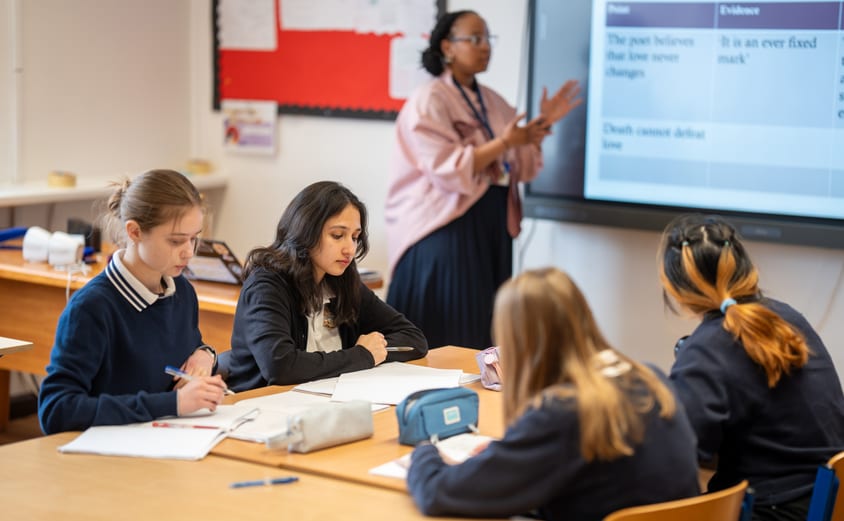

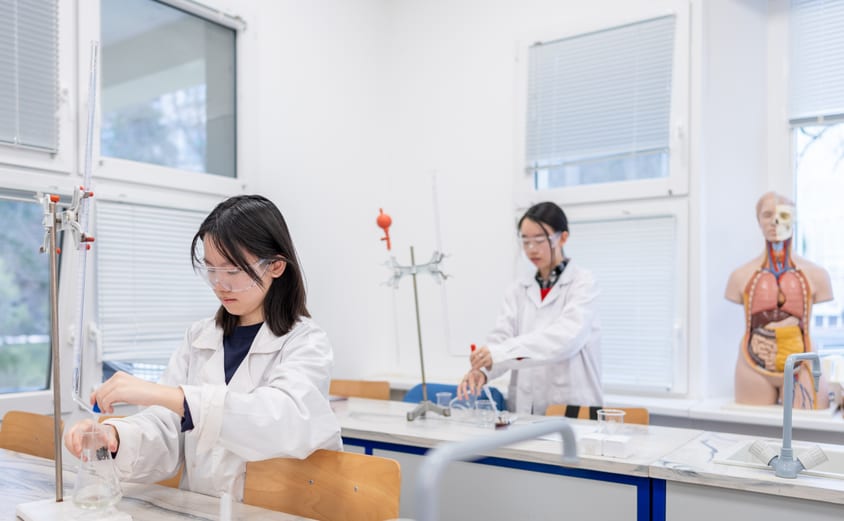
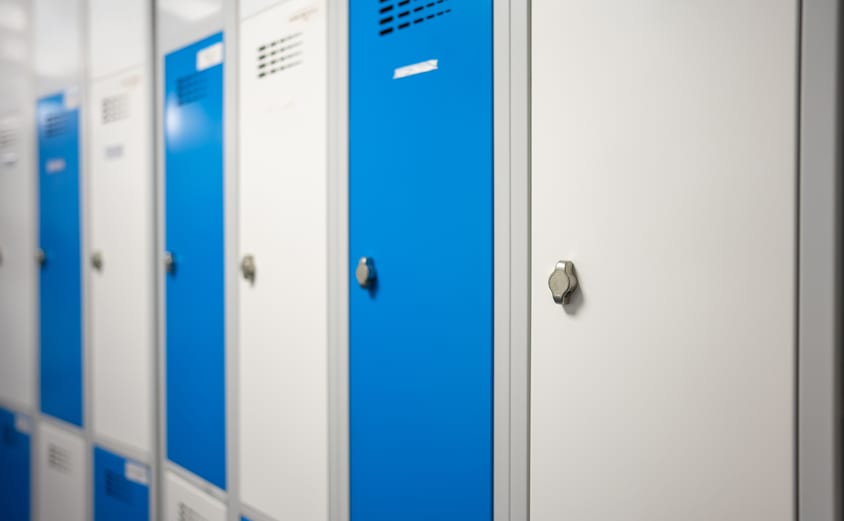
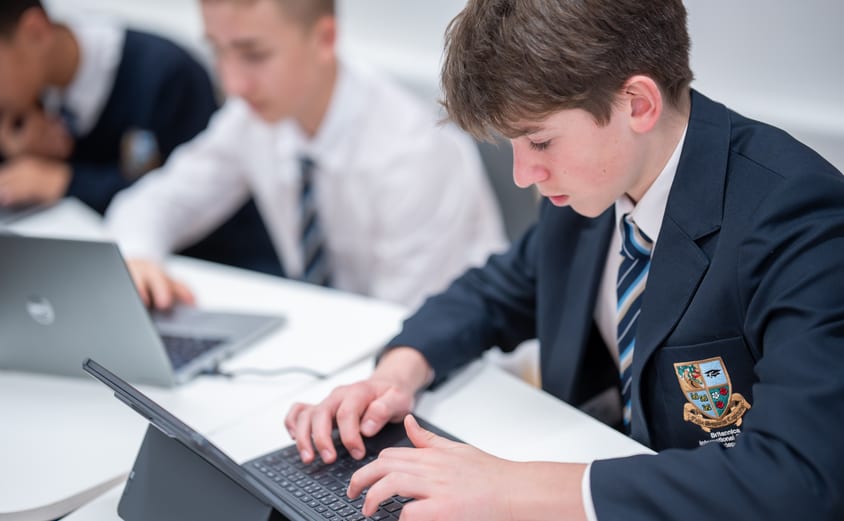
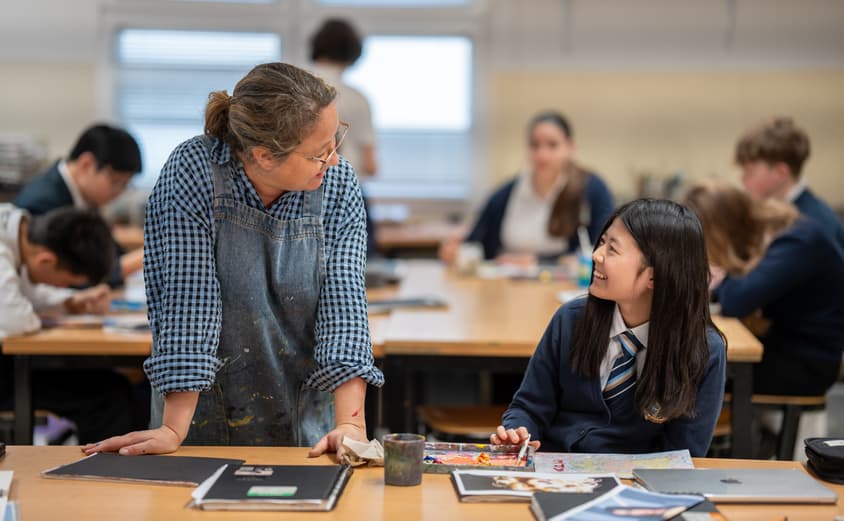

The information below gives an outline of the Key Stages in Secondary school following the British curriculum and shows which Key Stage your child would be in at Britannica International School.
Secondary Curriculum
Key Stage 3, covers the transition from the more structured environment of the Primary school and prepares students for the independent study required for IGCSE and A Level.
The content of the English National Curriculum is enhanced to take into account our international setting. It is enquiry-based, with an emphasis on developing basic skills and concepts, building a firm foundation for both IGCSE and A Level.
All students study a wide range of subjects, providing them with the opportunity to discover and examine their own particular interests and talents.
The subjects currently offered include: English, Mathematics, Science, History, Geography, Art and Design, ICT, PE, Music, Modern Foreign Language (French, German, Spanish), and either Hungarian Literature and History or Beginners’ Hungarian.
Extra support is available to non-native students through our English as an Additional Language (EAL) programme, to ensure they can have full access to the curriculum as quickly as possible.
The Key Stage 4 curriculum, offers breadth and balance, with courses leading to IGCSE certification from CAIE (Cambridge Assessment International Education) - the world’s leading international British qualifications provider and Pearson Edexcel - the UK's largest examination board.
These examinations are sat by students at schools in more than 160 countries around the world. These are external examinations, which means that the examination papers are sent to the school by Edexcel and Cambridge and are then returned to them for marking and grading by an official body, with results announced in August.
In order to develop their higher order thinking skills, all students are encouraged to be creative and demonstrate a higher level of independence through the curriculum and co-curricular activities; these are vital skills to enable students to succeed in the 21stcentury.
Students usually take eight subjects, leading to IGCSE examinations at the end of Year 11.
All students study a core curriculum of compulsory subjects: English Language, Mathematics, Coordinated Science (double award) and Physical Education (non-examination).
Students then also choose to follow four further examination subjects from Additional Mathematics, Art & Design, Business Studies, Computer Science, Economics, English Literature, History, Geography, Global Perspectives, Modern Foreign Languages, Physical Education and Triple Sciences (Biology, Chemistry and Physics).
These subjects are selected by students in close consultation with parents and teachers. Students are encouraged to maintain a broad and balanced curriculum, bearing in mind their pathway after the completion of their IGCSE examinations.
Year 10 parents…a great place, where children can get a superior education in a safe and stimulating international environment.
Find below the second edition of the Britannica Bulletin produced by Secondary Students:

